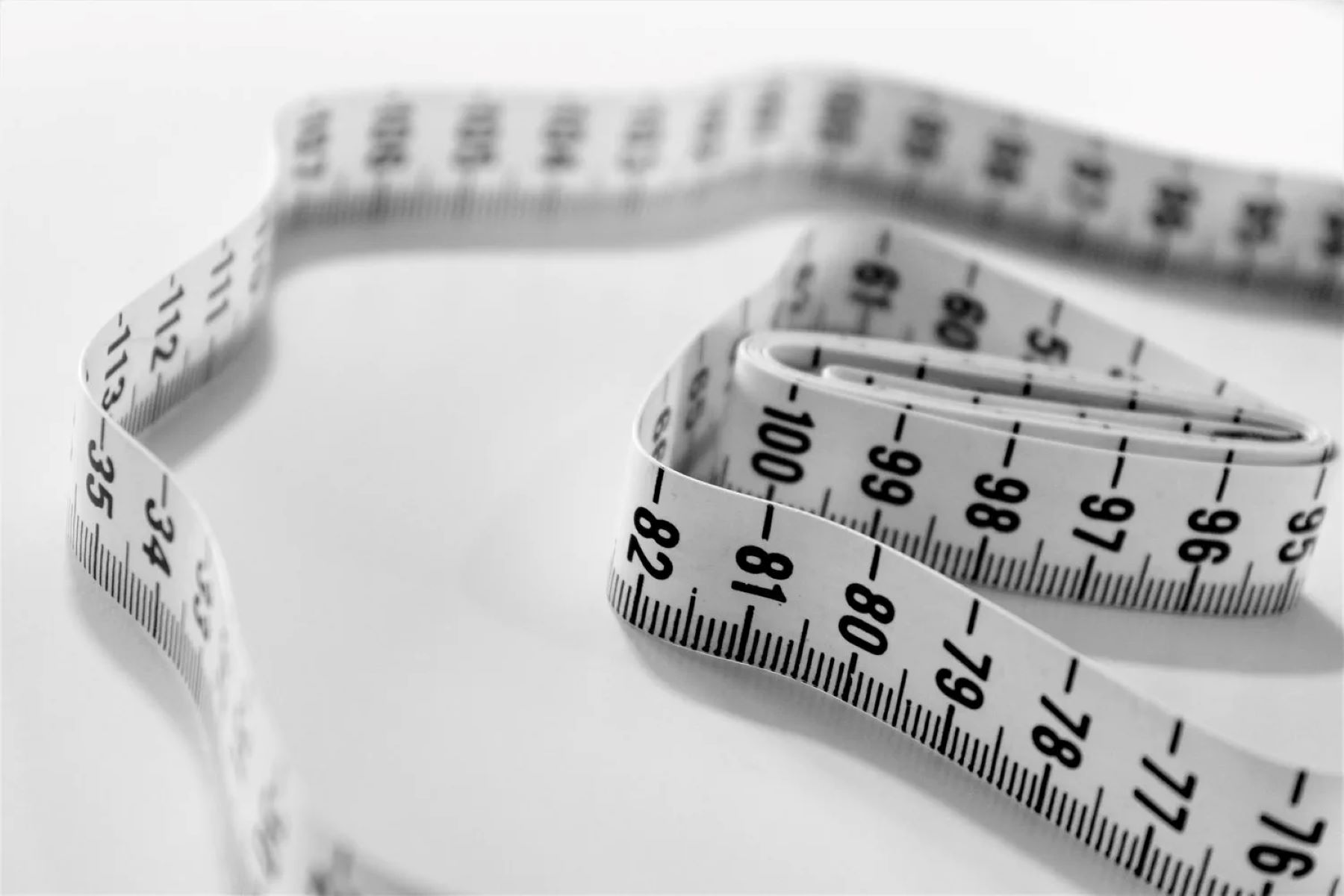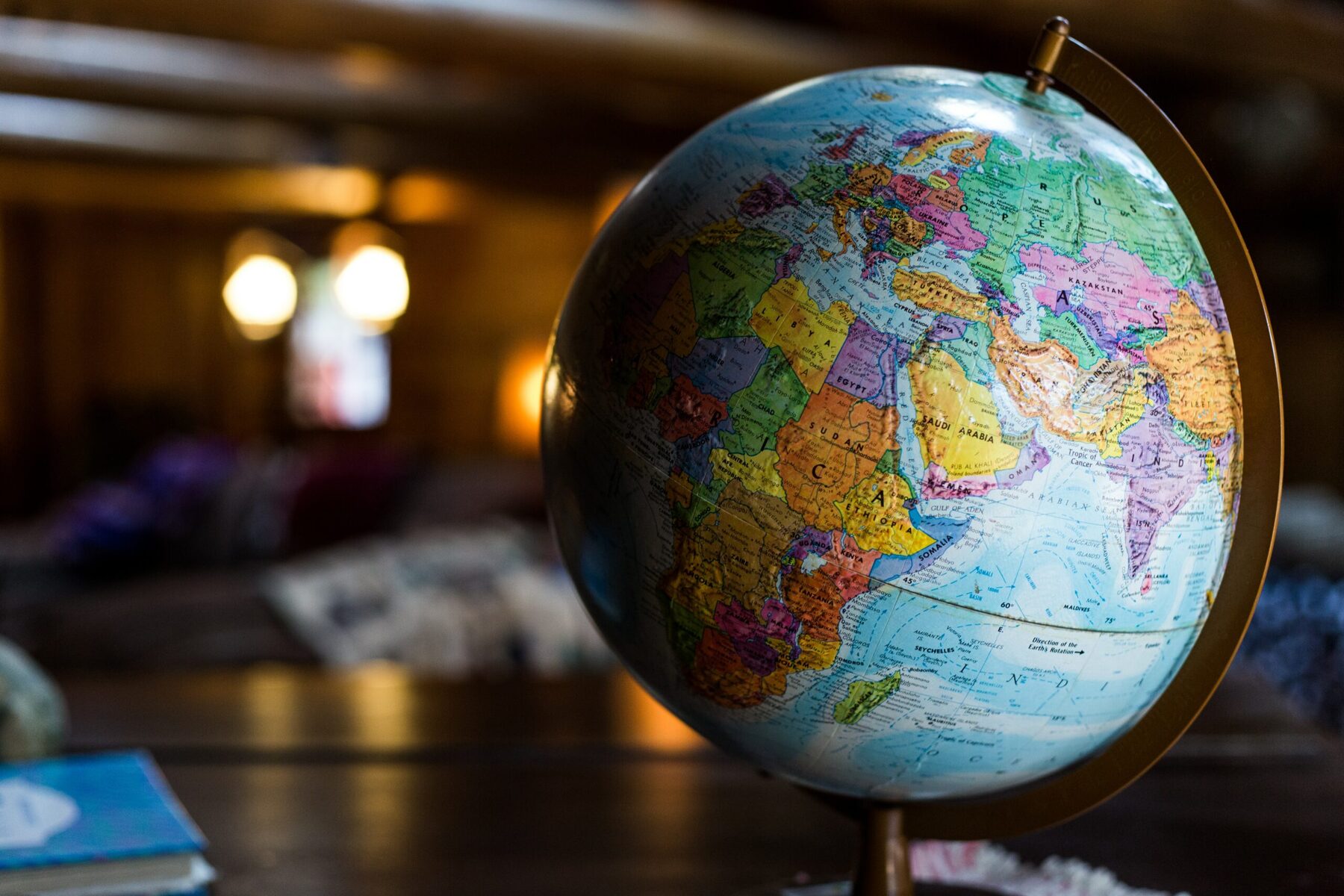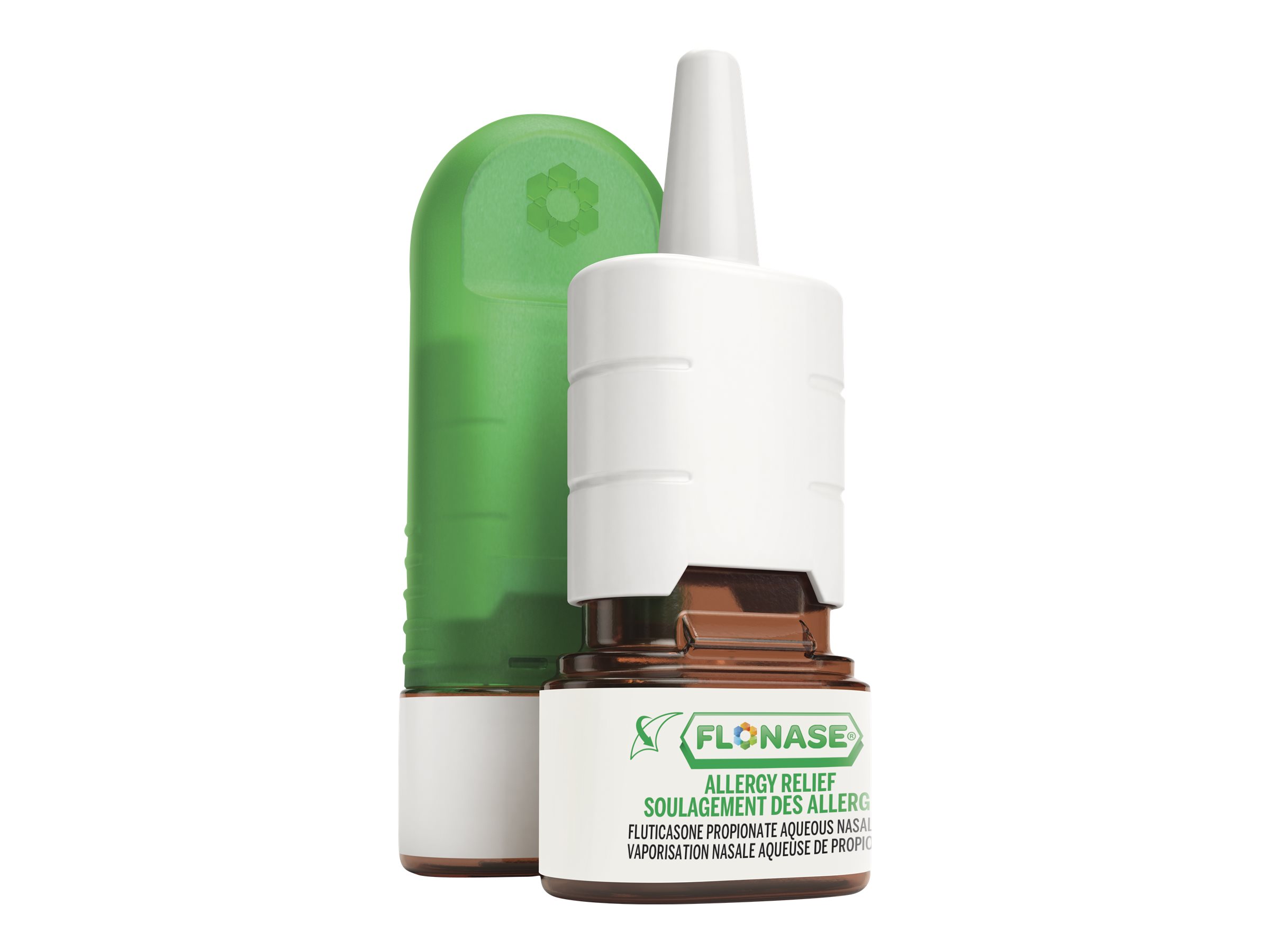
Measurement is an integral part of our daily lives. Whether it’s determining the length of an object, the time it takes to complete a task, or the temperature outside, measurement is a fundamental concept that helps us understand and quantify the world around us. From ancient civilizations using rudimentary tools to modern advancements in technology, the art and science of measurement have evolved over time.
In this article, we will explore 15 fascinating facts about measurement that may surprise you. From the standard units of measurement used worldwide to unique measurement systems employed in different cultures, we’ll delve into the history, diversity, and importance of measurement. So, buckle up, because we’re about to embark on a journey that will deepen your understanding of the world of measurement.
Key Takeaways:
- Measurement helps us compare, track progress, and make decisions based on numerical data. It’s crucial in science, engineering, and everyday life, allowing us to understand and quantify the world around us.
- Precision and accuracy are important in measurements. They ensure consistency and closeness to the true value, helping us obtain reliable and meaningful data for scientific research and quality control.
Measurement is the process of quantifying or determining the size, length, quantity, or capacity of an object or phenomenon.
Measurement plays a crucial role in various fields, including science, engineering, medicine, and everyday life. It allows us to establish meaningful comparisons, track progress, and make informed decisions based on numerical data.
The metric system, also known as the International System of Units (SI), is a globally recognized measurement system.
The metric system is a decimal-based system that provides a consistent and standardized approach to measurements. It includes units such as meters for length, grams for mass, and liters for volume. This system simplifies conversions and promotes consistency in scientific and industrial applications.
The inch, foot, and yard are units of measurement commonly used in the United States for length.
While most countries have adopted the metric system, the United States still uses the customary system for everyday measurements. The inch is defined as 1/12 of a foot, the foot is 12 inches, and the yard is 3 feet. These units are primarily used for non-scientific purposes, such as measuring height, room dimensions, or construction projects.
Temperature is a measurement of the average kinetic energy of particles in a substance.
The Celsius and Fahrenheit scales are commonly used to measure temperature. The Celsius scale sets the freezing point of water at 0 degrees and the boiling point at 100 degrees, while the Fahrenheit scale sets the freezing point at 32 degrees and the boiling point at 212 degrees.
Time is a fundamental measurement that helps us organize and coordinate activities.
The standard unit of time is the second, and it is based on the vibrations of atoms. Time can be measured using various devices such as clocks, watches, and calendars. It allows us to sequence events, schedule appointments, and keep track of durations.
The kilogram is the base unit of mass in the metric system.
The kilogram is defined as the mass of the International Prototype of the Kilogram, a platinum-iridium cylinder kept at the International Bureau of Weights and Measures. However, efforts are underway to redefine the kilogram in terms of fundamental physical constants for greater precision and consistency.
Volume is a measurement of the amount of space occupied by an object or substance.
In the metric system, the liter is the unit commonly used to express volume. It is equivalent to a cubic decimeter. Other units of volume, such as gallons and cubic feet, are used in different parts of the world.
The speed of light is a fundamental constant used as a reference in many scientific calculations and measurements.
The speed of light in a vacuum is approximately 299,792,458 meters per second. It serves as an important benchmark for understanding the nature of space, time, and electromagnetic phenomena.
Precision and accuracy are two important concepts in measurement.
Precision refers to the level of consistency or reproducibility in measurements, while accuracy refers to how close a measurement is to the true value. Achieving both precision and accuracy is essential for obtaining reliable and meaningful data.
The measurement of angles is expressed in degrees or radians.
Degrees and radians are common units used to measure angles. A full circle is 360 degrees or 2? radians. Angles are encountered in various fields, including geometry, physics, and engineering, to describe rotational or directional measurements.
Measurements can be affected by environmental factors such as temperature, humidity, and pressure.
When conducting precise measurements, it is important to consider and account for environmental conditions that could influence the accuracy and reliability of the results. Calibration and control of measurement instruments are often necessary to minimize these influences.
Measurement is not limited to physical quantities; it can also be used to assess abstract concepts.
Measuring things like intelligence, happiness, or satisfaction involves constructing scales or indices that assign numerical values to these abstract attributes. These measurements provide a standardized basis for comparison and analysis.
Measurement is an ongoing process of refining and improving our understanding of the world.
As technology advances and new discoveries are made, our ability to measure and quantify different phenomena continues to evolve. This constant refinement enhances our comprehension of the universe and enables us to make more informed decisions based on accurate data.
Measurement plays a crucial role in quality control and assurance.
In industries such as manufacturing and healthcare, measurements are used to ensure that products and services meet specific standards and requirements. Quality control processes involve precise measurements to detect variations, defects, or deviations from desired specifications.
Measurement is a fundamental aspect of scientific research.
Scientists rely on precise and accurate measurements to gather data, test hypotheses, and support their theories. Measurements enable scientists to quantify observations, analyze patterns, and draw meaningful conclusions about the natural world.
Conclusion
In conclusion, measurement is an essential aspect of our daily lives, allowing us to quantify and make sense of the world around us. From the smallest particles to the vast expanse of the universe, measurement plays a crucial role in various fields such as science, technology, and everyday tasks. By understanding and utilizing measurements accurately, we can ensure precision, accuracy, and reliability in our observations and calculations.
FAQs
1. Why is measurement important?
Measurement is important because it provides a standardized and quantitative way of understanding the world. It enables us to compare, analyze, and make meaningful observations and predictions in various fields.
2. What are the different methods of measurement?
There are several methods of measurement, including direct measurement (using instruments like rulers and thermometers), indirect measurement (using mathematical formulas and calculations), and qualitative measurement (using descriptive terms to quantify observations).
3. How do scientists ensure accurate measurements?
Scientists ensure accurate measurements by using calibrated instruments, conducting multiple trials, and following standardized measurement procedures. They also consider factors like human error and precision limits of the instruments used.
4. What are the units of measurement used?
Units of measurement vary depending on the quantity being measured. In the International System of Units (SI), commonly used units include meters (length), kilograms (mass), seconds (time), and Celsius (temperature).
5. How does measurement affect everyday life?
Measurement affects everyday life in numerous ways, from checking the time to cooking recipes and calculating distances. It allows us to make informed decisions, monitor changes, and communicate effectively.
6. Is it possible to measure everything accurately?
While we strive for accurate measurements, some quantities, such as emotions or thoughts, are challenging to measure precisely. However, scientists continually develop new techniques and tools to improve accuracy in measuring various phenomena.
7. How has technology improved measurement?
Technology has significantly improved measurement by providing more precise and efficient tools, such as digital scales, laser rangefinders, and atomic clocks. These advancements have expanded our understanding and capabilities in various fields.
8. Can measurements be affected by external factors?
Yes, external factors such as temperature, humidity, and atmospheric pressure can affect measurements. It is crucial to consider and account for these factors to ensure accurate and reliable measurements.
9. Are there any limitations to measurement?
There are limitations to measurement, including instrument precision, human error, and inherent uncertainty in certain phenomena. Scientists take these limitations into account and report measurements with appropriate margins of error.
10. How does measurement contribute to scientific discoveries?
Measurement provides the foundation for scientific discoveries by allowing researchers to collect data, analyze trends, and form hypotheses. Accurate and precise measurements are critical in making meaningful scientific observations and drawing reliable conclusions.
Measurement is a crucial aspect of our daily lives, from cooking and construction to scientific research and quality control. Accurate measurements ensure consistency, precision, and reliability in various fields. Whether you're a professional or a DIY enthusiast, having the right measuring tools can make all the difference. Explore our articles on the best tape measures for your projects, top-rated measuring spoons for culinary adventures, and cutting-edge laser measuring tools that revolutionize how you measure distances. With these essential tools in your arsenal, you'll be well-equipped to tackle any measuring task with confidence and ease.
Was this page helpful?
Our commitment to delivering trustworthy and engaging content is at the heart of what we do. Each fact on our site is contributed by real users like you, bringing a wealth of diverse insights and information. To ensure the highest standards of accuracy and reliability, our dedicated editors meticulously review each submission. This process guarantees that the facts we share are not only fascinating but also credible. Trust in our commitment to quality and authenticity as you explore and learn with us.


